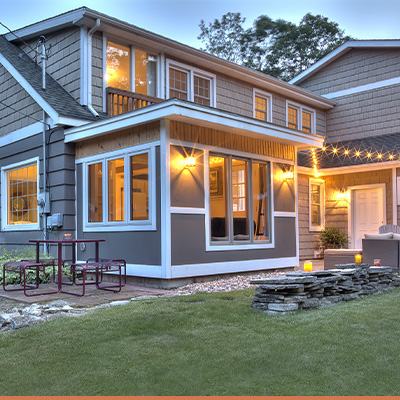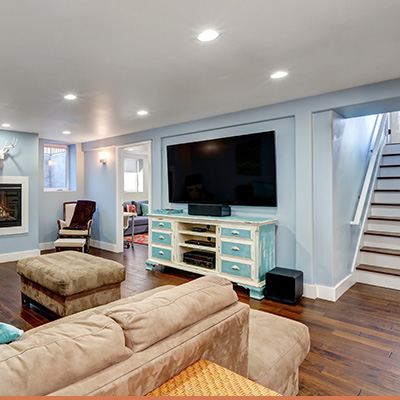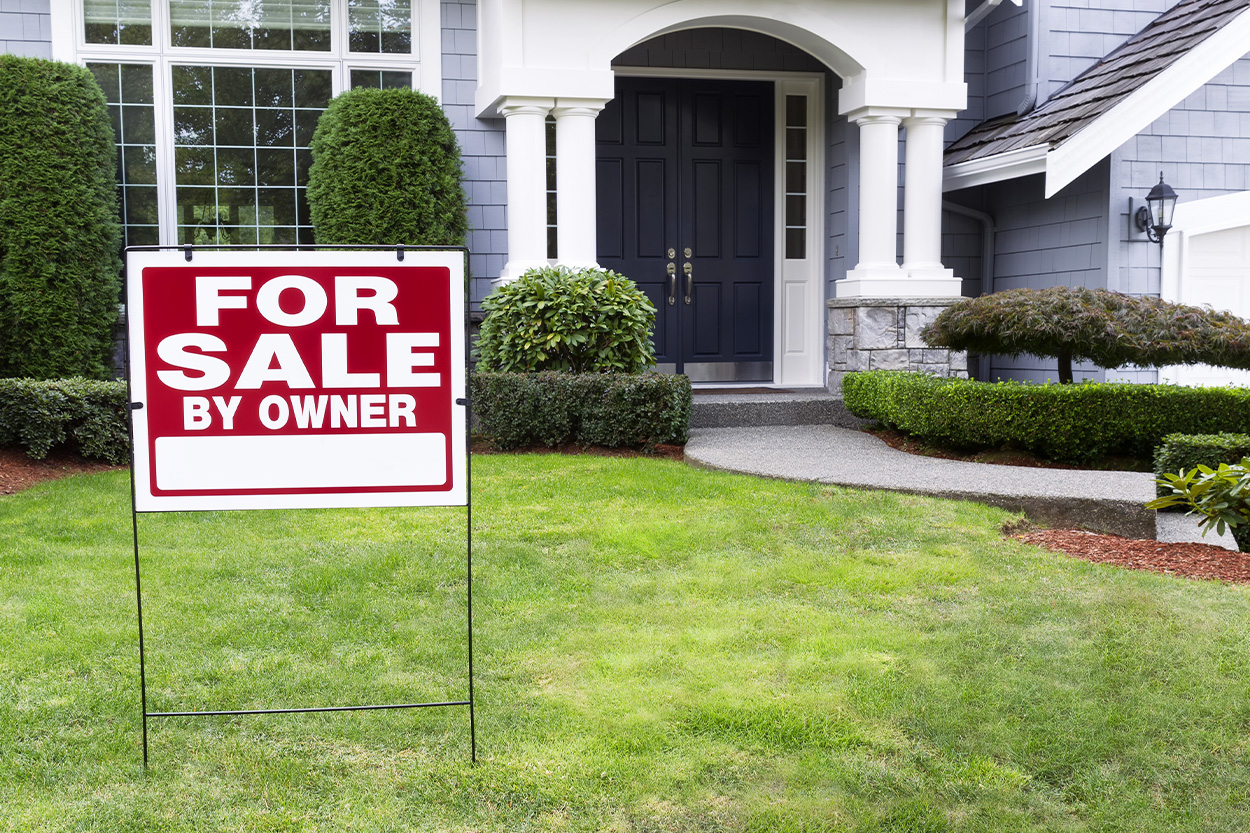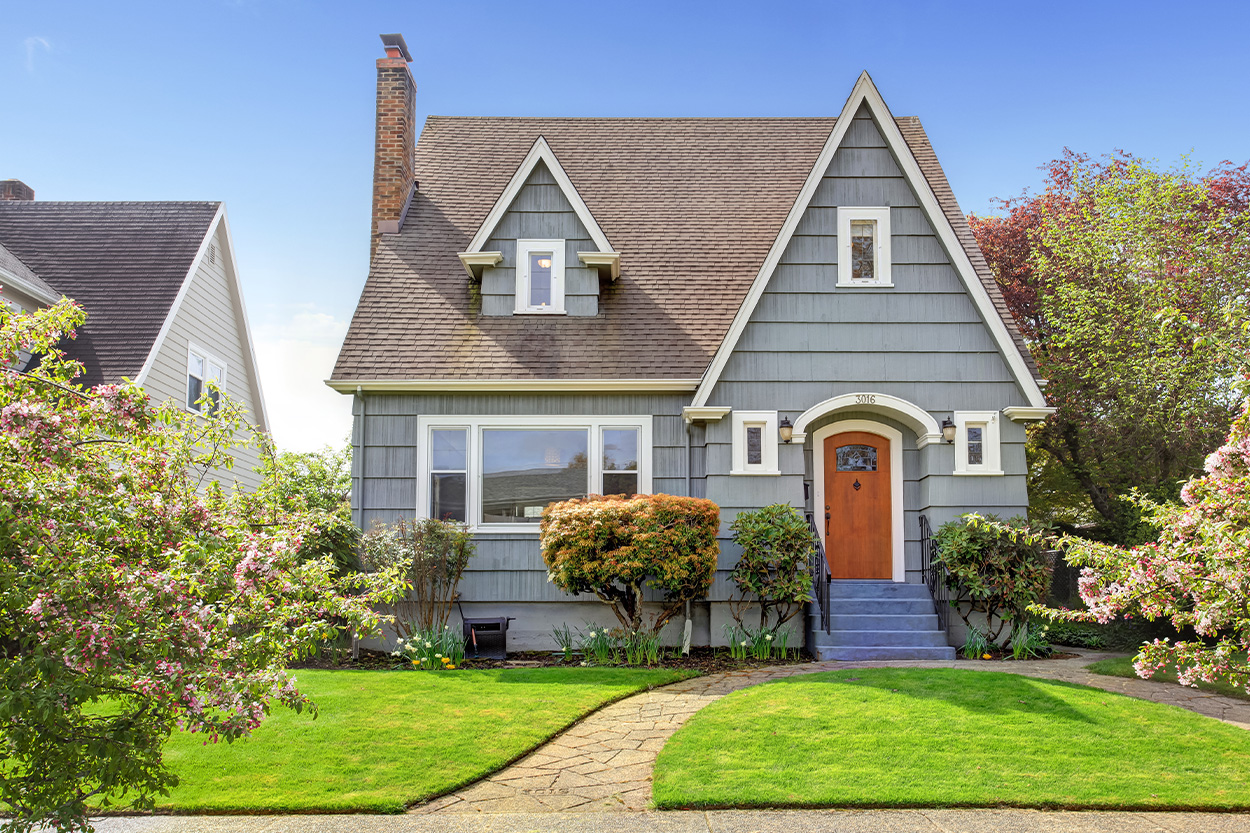How to Determine Your Home’s Value

Key Takeaways:
- Researching similar homes recently sold in your area is one way professionals estimate your home’s value; you can do this on your own with online resources.
- Key factors inside your home such as the number of rooms, square footage, amenities, and structural integrity are crucial for determining your home’s estimated value.
- Your home’s value is also determined by aspects of the surrounding area, including safety and local industry.
When you prepare to sell your home, choosing the right home price to sell it for is one of the most important steps.
If you go too high, potential buyers who may have been interested could be discouraged from even making an offer. While people who use an online marketplace that allows them to search by home price limit may not even see your listing at all.
However, if you go too low, buyers may suspect that you’re hiding something wrong with the home. Even if a buyer doesn’t have this reservation and they put an offer in for your low price, you would be failing to maximize your profits.
Overall, listing your home for the right selling price helps you move off the market more quickly and sell for more money. To determine the true property value of your home and sell it for the perfect amount, follow this short guide.
How to Find the Value of Your Home Using Comps

“Comps” is a common real estate industry term that refers to other homes on the market that are comparable to yours in several ways, including:
- Time – Because the housing market changes rapidly, comps can only be homes that have sold recently, usually within the last three to six months.
- Place – The three most important words in real estate are location, location, and—you guessed it—location. You should only consider comps from your area, because no two locations have the same housing market. In an urban setting, limit your search radius to within a mile of your home. In suburban and rural areas, this circle can be expanded.
- Size – The size of your home will be one of the main factors that determine its market value. The comps you find should have the same number of bedrooms, bathrooms, and stories. They should have either an equal or very near amount of square footage.
It’s not very likely that you’ll find one home that matches yours in every way, so make a list of around three to five homes that share a few characteristics with your own. Once you have your list of comps, you can try to find their most recent sale prices with an online real estate database like Zillow.
Are the sale prices within a reasonable range? Your listing price should probably be somewhere in that ballpark, too. If you notice a lot of variance among your comps’ sale prices, you may need to do a little more research on key factors both inside and outside your home.
Find Your Estimated Home Value With These Key Factors

A home is not just a building with bedrooms in it. Buyers typically plan to spend years, possibly even the rest of their lives, in their new home. They may plan to raise a family in it. There are so many details and questions that buyers need to address before they decide to make an offer on a home.
As the seller, you need to address those same key factors when determining the market value of your home.
Key Factors Inside the Home
The most important details you have to focus on are the ones that are actually on your property, including:
- Utilities – Are all of the utility fixtures (like a boiler, for example) in working order?
- Age – When was the home built? Newer homes aren’t always more valuable, but a home that was built many decades ago may scare off some potential buyers and lower the value.
- Foundation – What type of foundation was the home built on? Is there any reason to be concerned about its durability?
- Attics and basements – The first question is whether or not your home has either of these features. If it does, you then want to make sure they’re free of mold, water damage, or any other structural issues.
- Amenities – Does your home have a pool, deck, or fireplace? Your home’s amenities should significantly increase the estimated value, if they’re in good condition.
- Improvements and repairs – Have you made any structural improvements, repairs, or renovations to your home? These can increase its value dramatically. Are there any repairs that need to be made? You may consider having them completed before selling. A home that still needs repairs is less valuable than a comp that has been repaired.
- Signs of damage – Even if your home is currently in sound condition, there may be signs of future trouble. You may notice cracks in the brick and stonework, gaps in windows and door frames, walls that curve inward, or other features that signal structural danger. These will decrease your home’s value if they are not addressed before putting the home on the market.
Key Factors Outside the Home
Now that you’ve studied the inside of your home, it’s time to turn your attention outward. Many of the factors that have a strong effect on your home’s market value have little to do with the building itself, including:
- Regional aspects – What is the weather like where your home is located? Is the home within a FEMA flood zone? Does your neighborhood have a higher crime rate than average? What industries are popular in your area, and how is the current job market? Regional aspects like these always have an influence on your home’s value.
- Property taxes – Again related to location, property taxes can be a major factor in whether or not a buyer makes an offer on a home. Buyers on a budget may be less inclined to purchase an expensive home that also comes with expensive property taxes.
- Time of year – Arbitrary as it may seem, the time of year when you put your home on the market can play a part in how much it sells for. The housing market is usually weaker during the holiday season and right after the beginning of the school year. Homes on the market during these times may have to reduce their listing prices to receive an offer.
Get a Home Value Estimate
With the information in this guide, you can make a strong estimate of your home’s value, and choose a sale price that helps you move off the market quickly while still earning on your investment.
However, you can also pay for a home value estimate. If you work with a real estate agent, they may conduct a Competitive Market Analysis to determine your home’s value. You could also hire a licensed appraiser, or use online tools like our home value estimator.
With all these tools in mind, you can find out your home’s value in a single afternoon.






